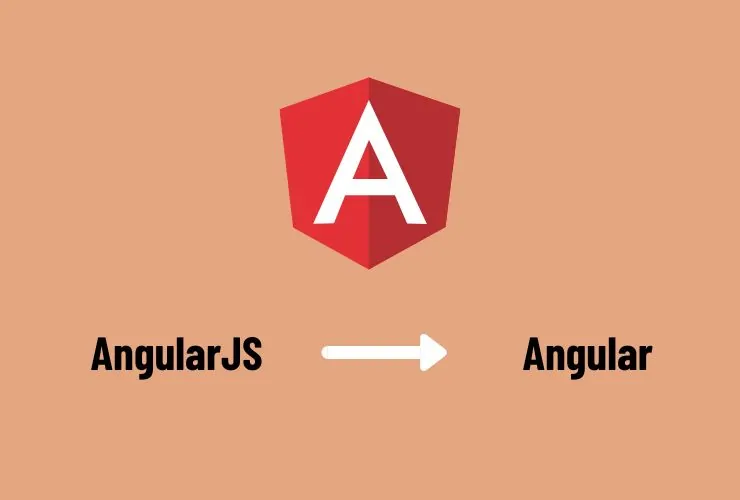Angular is a powerful front-end framework by Google that has taken a position among the top favorites of all developers developing dynamic and interactive web applications. The strengths and scalability of Angular enable it to create applications with high performance, maintainability, and futurity. Hence, let’s look at the top reasons for which Angular holds the position among the best of modern web development:
1. Two-Way Data Binding
The most prominent characteristic of Angular is two-way data binding. Automatically, it syncs data from the model with the view. Any changes provided in the UI reflect the same change in the data model within the application. Vice versa works in the same manner. Because of this reason, through this feature, there is a cut down in development time and effort-free experience by the user is obtained.
2. Component-Based Architecture
Angular’s component-based architecture helps the developers to better structure their application and manage them. All of the elements encapsulate their own logic, template, and style. This will make an application modular, easy to maintain, and enables proper collaboration among huge teams working on a project through allowing different components to be built and tested separately.
3. Dependency Injection
It allows better code management through provision of data, logic, and settings in configuration, thus offering easy access to other parts of the application.
Angular makes the application efficient with the added benefits of making the code more reusable, hence making the application clean and modular.
4. Built-in Testing Tools
Angular comes with inbuilt testing tools, such as Karma and Jasmine, which makes unit and end-to-end testing very easy. It ensures applications are robust and bug-free at the time of deployment, thus reducing problems down the line and making the development process relatively smoother.
5. High Performance using Ahead-of-Time (AOT) Compilation
AOT compilation of Angular converts TypeScript code into efficient JavaScript, which helps increase the application’s performance with enhanced build processing. It decreases the app size, thereby reducing the burden on the browser and thus enhancing overall performance-an important deliverable for fast and responsive web applications.
6. Cross-Platform Development
One of the best supports from Angular is that they help develop both web and mobile applications using the same code base. Businesses will achieve responsive high-performance apps for multiple platforms with Angular Universal through server-side rendering and Ionic or NativeScript without rewriting code for individual platforms.
7. Great Community Support and Google Help
Google is the back-end of Angular, and with constant updates and new features as well as long-term support, it allows application development. Furthermore, the community support is strong and abundant, holding different resources and tutorials, forums, etc. One can search for solutions or get insights; otherwise, it might be helpful for developers who contribute to potential improvements in such a dynamic framework.
8. Scalability
Angular is scalable. This simply means that it is capable of any size: either small simple applications or even huge, large, and complicated enterprise applications. Angular tools and architecture can support big complexity with the quantities of big data and scale without ever losing momentum and then becoming performance and maintainability conscious.
Conclusion
Angular is best suited for modern web development since it provides rich features, performance optimization, and scalable architecture. It simplifies complex processes and ensures high performance through modularity. It thus becomes one of the top choices among many available frameworks. The platform would be well suited in building a simple application and would be great for building a big enterprise solution with all the tools and support given.
Turn ideas into dynamic web apps with Empirical Edge! Our Angular experts build fast, scalable, and SEO‑friendly solutions that grow with your business. Let’s craft your next powerhouse app today!
Frequently Asked Questions
Angular is a full‑featured framework backed by Google with two‑way data binding, component‑based architecture, dependency injection, and AOT compilation — giving fast, maintainable, and scalable apps.
We provide custom Angular app development, SPA creation, enterprise solutions, Angular migration & upgrades, SEO‑optimized Angular Universal, performance optimization, and full maintenance/support.
Absolutely — Angular’s modular structure, strong community support, and scalable design make it ideal for large, complex enterprise apps.
We offer ongoing performance monitoring, updates, optimizations, and continued technical support to ensure your Angular application stays secure and efficient as it grows.














